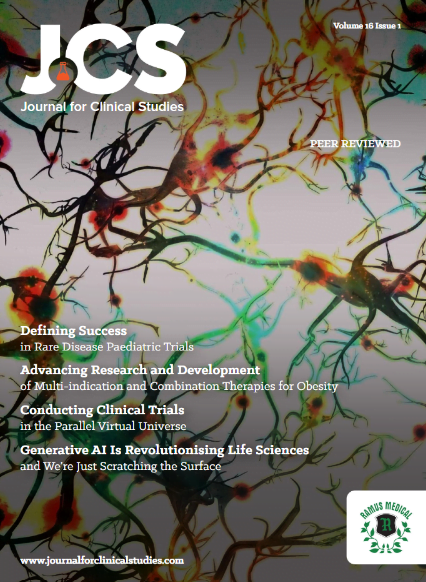Expert committees are a critical component in the success of a clinical trial. By turning to third-party providers to manage these services, sponsors can enhance trial credibility, mitigate risks, reduce bias and the perception of bias, and drive operational efficiencies.
Data Monitoring and Endpoint Adjudication Committees are groups of independent medical and/or statistical experts charged with a specific set of oversight activities related to a development program. Data Monitoring Committees (DMCs) go by a variety of names, including Data Safety Monitoring Boards and Data Safety Boards. All clinical trials require safety monitoring, but not all require a DMC.
The DMC experts sit at arm’s length from a clinical trial and look at the overall trial or clinical program data as it’s unfolding. Unlike the sponsors and study CROs (contract research organisations), the DMC has access to unblinded data that it reviews for early indicators of safety problems. An Endpoint Adjudication Committee (EAC) – also called a Clinical Endpoint Committee – adjudicates suspected events to determine if they meet event definitions, per the Charter. This panel of independent adjudicators often reviews blinded data to give their expert opinion on patient-level safety or efficacy events of interest according to predefined rules outlined within the Charter.
Sponsors may opt to manage these committees in-house, outsource to a CRO, or outsource to a specialty provider. While the first two options are viable operationally, they can create unnecessary risk, increased cost, and operational inefficiencies. Outsourcing expert committee management to a specialty provider with committee management expertise can be the best option from a regulatory, ethical, and business perspective.
The Value of Independent Review: Eliminating Bias
While it can prove challenging to keep the EAC and DMC independent from the clinical trial sites, participants, and sponsors, it is critically important to do so. Maintaining third-party independence between the committee and sponsor can greatly reduce the risk of bias and perceived bias compared to a sponsor managing a committee directly. Committee management and the related processes also add a level of complexity to trial conduct and benefit from expert management.
This is especially true for DMCs, which have access to unblinded data. Each person involved with unblinded data must be separate from clinical trial operations because the information could – even unintentionally – influence their actions and put the trial’s integrity at risk. Relying on a CRO to manage the DMC could increase risk in that domain because the CRO might also be responsible for monitoring and running the trial and developing the final analysis.
Protecting Sponsor/Expert Relationships
This firewalled approach can help sponsors maintain relationships with industry experts and key opinion leaders, that often serve on independent committees. Since it is important to preserve these relationships, there are clear benefits to engaging an independent specialty provider to set expectations, manage disputes, and handle compensation. This approach enables sponsors to protect their relationships and the integrity of the trial.
Quality Control Through Committee Management
Independent specialty providers can offer an additional level of quality control for trials. For example, DMCs review study data and can provide quality control checks on the trial itself in areas such as data timeliness and cleanliness. Specialty providers focus on trends in data reporting and study progress, allowing for timely recommendations or midcourse corrections and early identification of risks.















